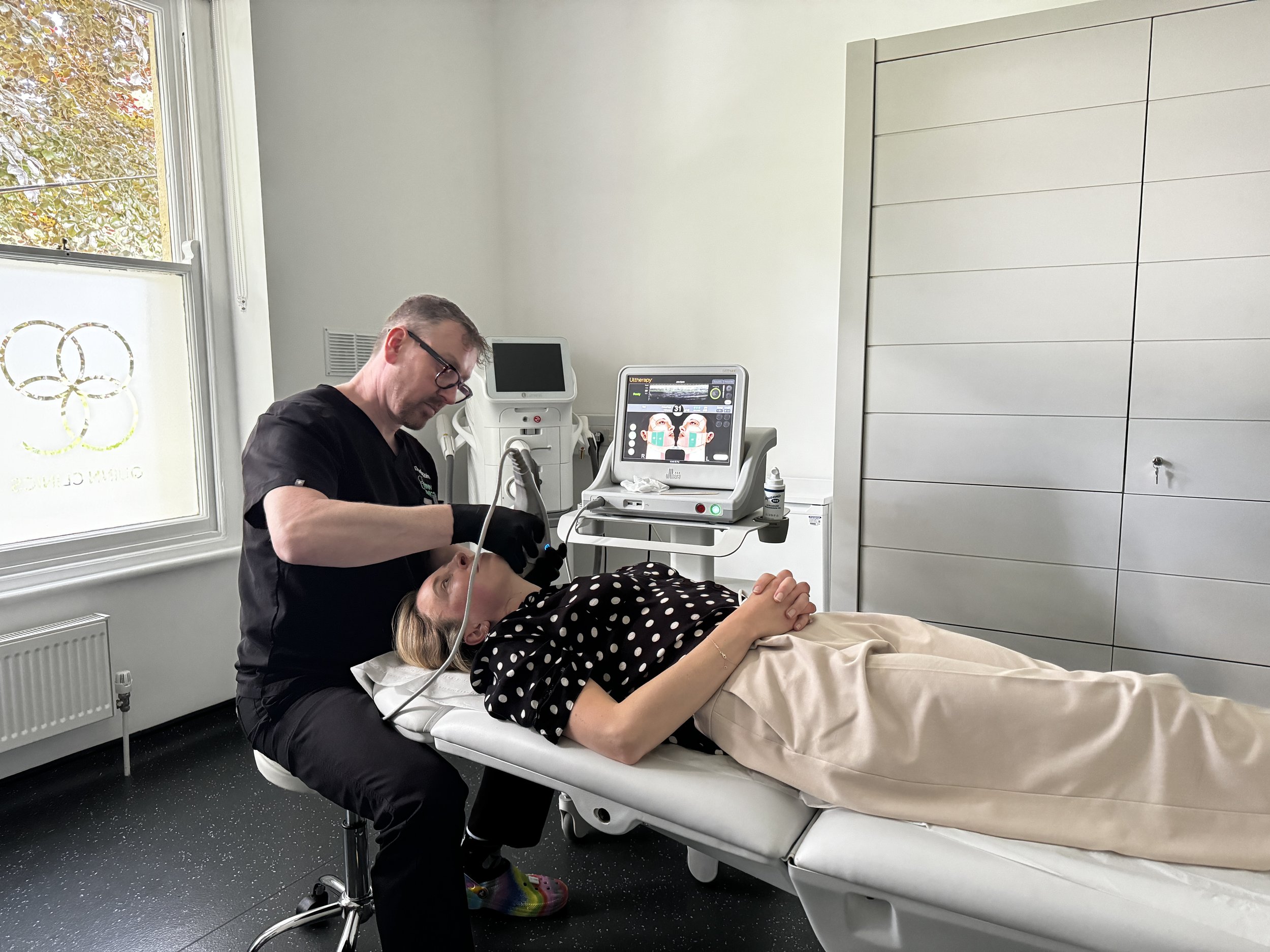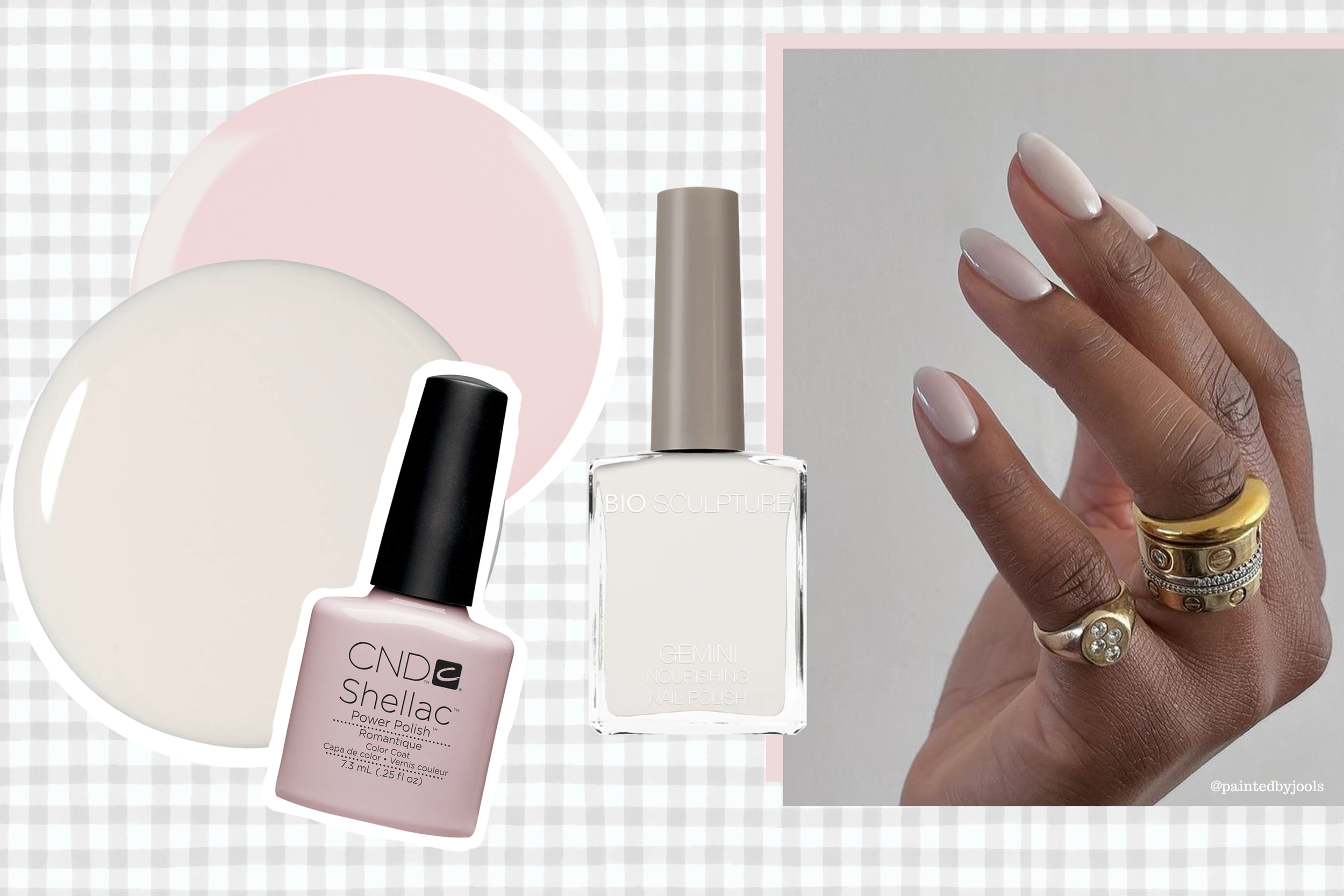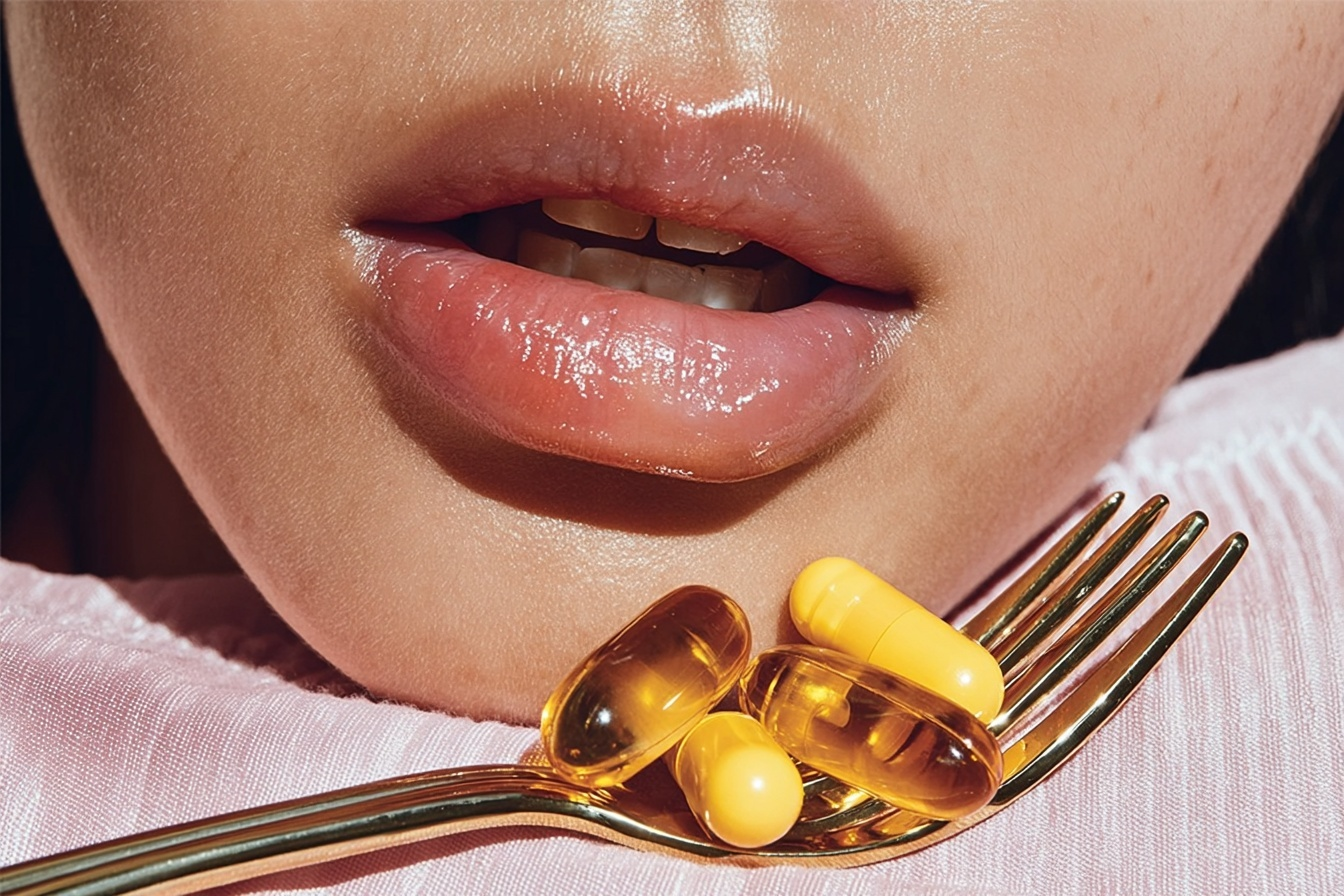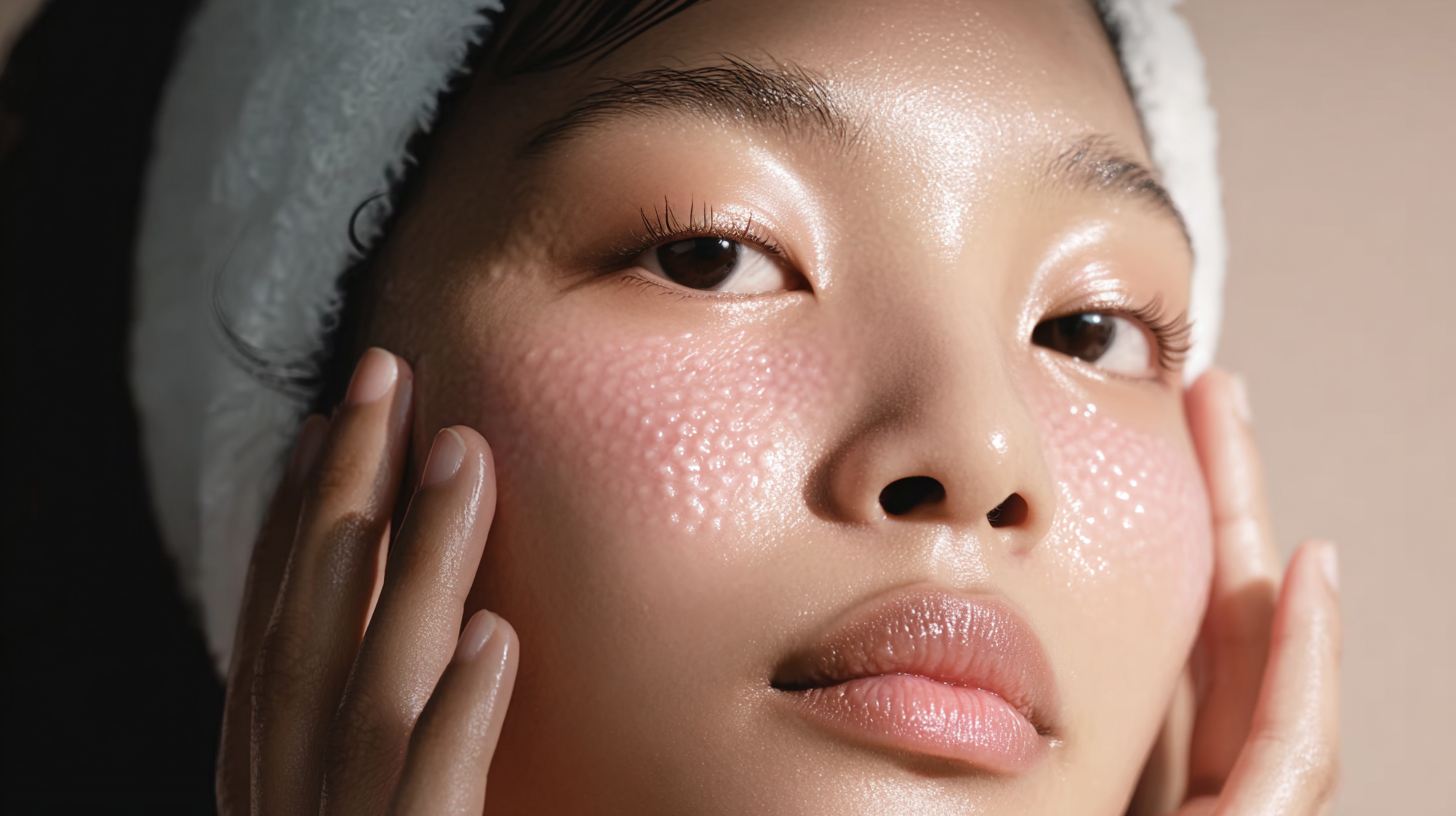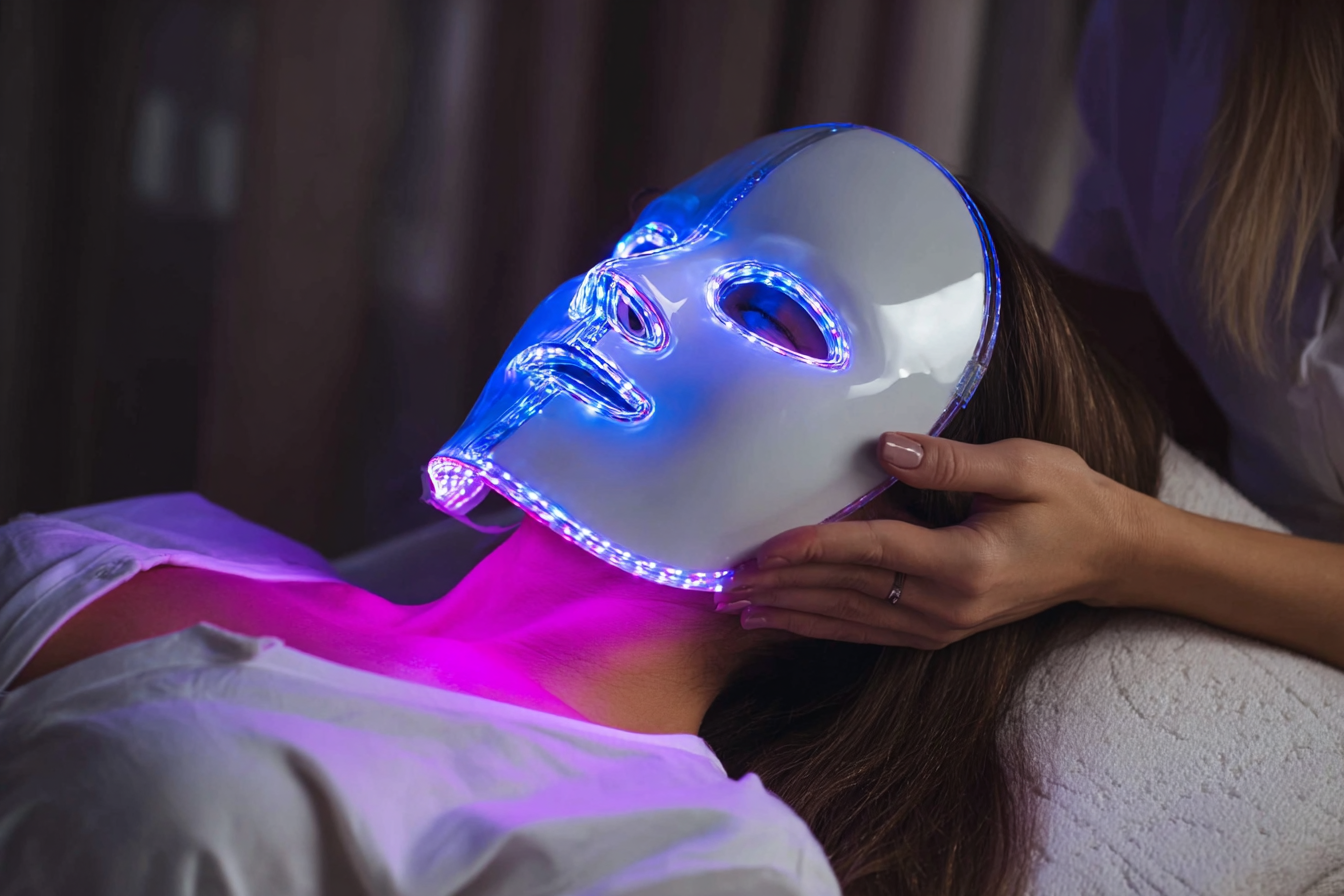Do You Still Need Vitamin D Supplements in the Summer?
The longer days have returned. Sleeves are shorter, moods are brighter, and suddenly it feels like the sun is doing all the heavy lifting for your health. With summer in full swing, it’s easy to assume that your vitamin D levels are naturally taken care of—no pills required.
But here’s the twist: even in peak sunshine season, many people are still falling short on this essential nutrient. Surprising? Maybe. But when you dig into how vitamin D actually works—and what can interfere with it—it starts to make a lot more sense.
So before you tuck that supplement bottle to the back of the cabinet, let’s explore what vitamin D really does, how reliable sunshine actually is, and whether a daily dose is still worth keeping in your summer routine.
What Are the Benefits of Vitamin D for Your Health?
Vitamin D is best known for supporting strong bones, but its benefits go far beyond that. It plays a vital role in maintaining a resilient immune system, helping the body absorb calcium and phosphorus efficiently, and even regulating mood. In fact, research over the past decade has linked adequate vitamin D levels to reduced risks of depression, respiratory infections, and certain autoimmune conditions. It’s a powerful nutrient that affects multiple systems in the body, often quietly—but significantly.
Does Sun Exposure Give You Enough Vitamin D?
Our skin naturally produces vitamin D when exposed to UVB rays from the sun. In theory, getting 10–30 minutes of midday sun on uncovered skin a few times per week should suffice for most people. This is why summer months are often thought of as a time to skip the supplements.
However, several factors can limit natural production:
Skin tone: Individuals with darker skin synthesize less vitamin D from the same amount of sun exposure.
Age: Older adults have reduced capacity to produce vitamin D through the skin.
Geographic location: People living at higher latitudes may not get sufficient UVB exposure, even during summer.
Sunscreen use: While sunscreen is essential for skin cancer prevention, it can significantly reduce vitamin D synthesis.
Indoor lifestyles: Many people, even in summer, spend most of their time indoors or covered with clothing.
Air pollution and window glass: Both can block UVB rays, reducing the opportunity for vitamin D production.
The Case for Supplementation in the Summer
Some people may get enough from the sun, but many of us still need a little help—especially if we fall into one of the risk groups above.
This is where supplementation can still play an important role, even during the sunniest time of the year. Taking a daily vitamin D supplement offers a consistent and reliable way to maintain healthy levels. Some formulas also include vitamin K2, which supports calcium regulation in the body—ensuring it’s directed toward the bones rather than accumulating in soft tissues. A good example is Nutrition Geeks’ Vitamin D3 4000iu + K2, which provides a full year’s supply in one small bottle. It’s a convenient and effective way to support bone strength, immunity, and mood without having to second-guess your sun intake.
If you’re unsure whether you need to supplement during the summer, a simple blood test can offer clarity. The 25-hydroxyvitamin D test can tell you whether you're in the optimal range.
That said, supplements work best alongside smart lifestyle habits. Try to get moderate, safe sun exposure a few times a week, ideally on bare skin for a short time without sunscreen. Complement that with foods rich in vitamin D, like salmon, mackerel, fortified dairy, egg yolks, and mushrooms exposed to ultraviolet light. These habits can help you build a strong foundation while allowing supplements to fill in any nutritional gaps.
The Takeaway
So, should you still take vitamin D in summer? For some, the sunshine might be enough. But for many, especially those with limited sun exposure, darker skin, or specific health considerations, continuing with a supplement can help keep everything—from your bones to your mood—in balance. Sunlight is powerful, but it isn’t perfect. And when you consider how many parts of your health rely on this one vitamin, it makes sense to stay consistent, all year long.






